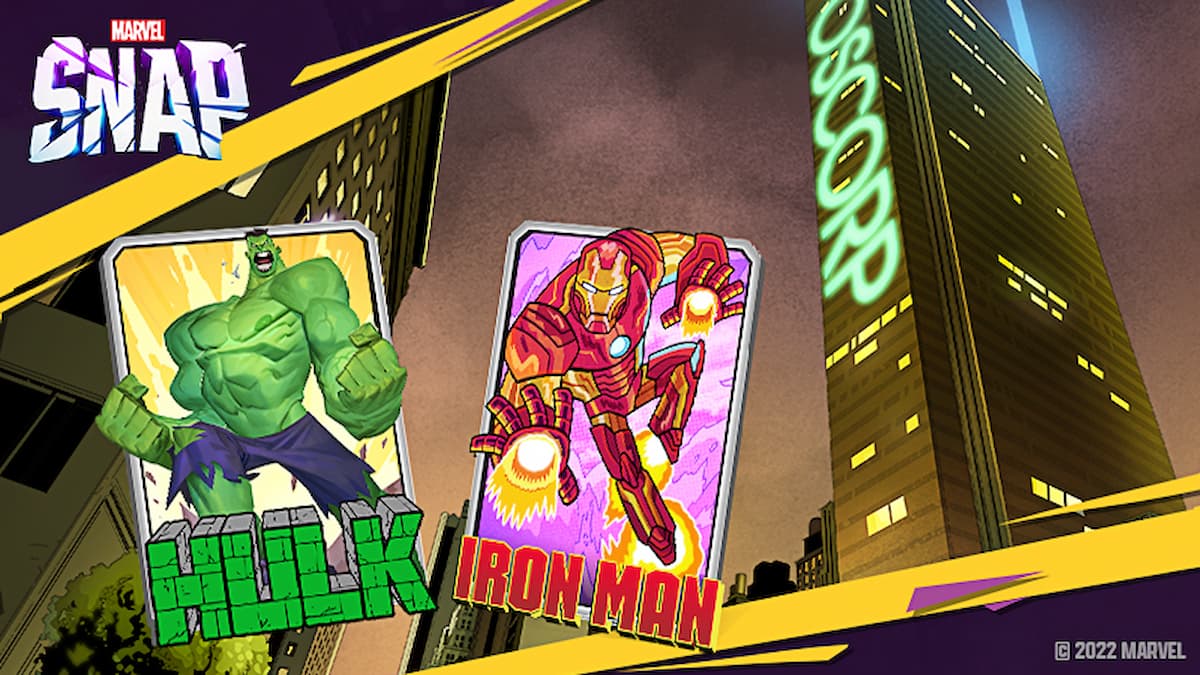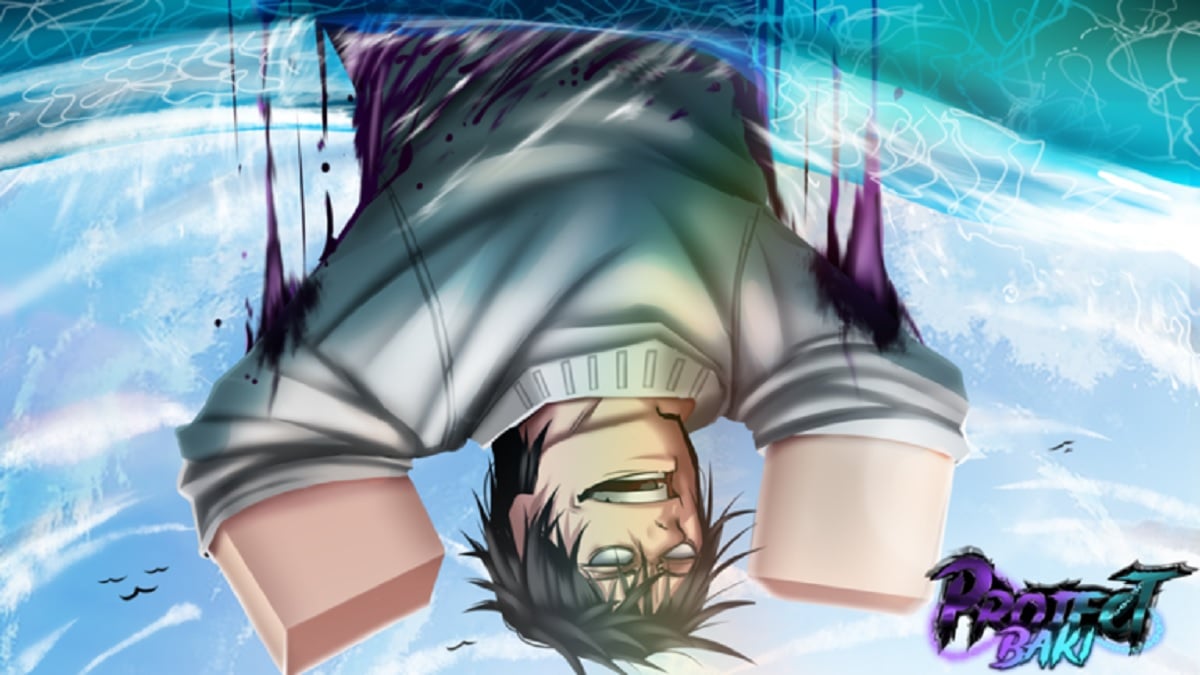Marvel Snap has set itself apart from other digital card battlers by introducing the titular snapping mechanic. It functions very similarly to poker, where players can up the ante, or simply fold if they feel their hand isn’t strong enough. It might sound simple, but much of your success in this game revolves around snapping. With that in mind, here’s a rundown of when you should snap or retreat in Marvel Snap.
Snapping and Retreating Strategies in Marvel Snap
To put things simply, you’ll want to snap in Marvel Snap when you’re ahead, and retreat when you think you’re going to lose. Sounds easy, right? That’s the basic concept, but you’ll find that it’s much harder to put into practice.
We’ll talk about retreating first. Generally speaking, if you get an awful hand in a game of Marvel Snap, you might be tempted to retreat, and that’s usually the best course of action. After all, it’s more efficient to just back out of an uphill battle and try your luck in another match. That being said, if your opponent hasn’t snapped, there is no reason to retreat just yet.
As long as the stakes are still low, and your opponent hasn’t snapped to double the cube count, there’s absolutely no harm in staying in the game for another turn to see how things shake out, or if the tide will turn in your favor. If you have a bad starting hand, and your opponent snaps, then you should retreat and cut your losses early instead of losing two or potentially four cubes to them.
How to Snap Effectively in Marvel Snap
Things are definitely trickier when it comes to snapping. Generally, you’ll want to snap right when you have a favorable hand, but before you make your key play.
For instance, if your opponent has a stacked lane and you know you’ll be able to use Shang-Chi to decimate it on turn 4 or 5, snap before the play. If you play Shang-Chi and then snap, chances are good that your opponent will retreat, leaving you with only one cube. Snap early, save the Shang-Chi play for the end of the game to surprise your opponent, and you’ll walk away with at least four cubes.
This applies to basically every deck strategy in Marvel Snap. Always snap when you know you have an advantage, but before your opponent actually sees the advantage. If you snap after revealing your advantage, it’s too late by then, and your cube gain will be cut.
We also generally recommend waiting till turn 3 before snapping, even if you have an excellent starting hand. This is because there’s always the chance that the third location that reveals on turn 3 could end up screwing up your entire game plan. Once you’ve ascertained that all three locations are fine or beneficial to your strategy, go ahead and snap if you’re confident in your hand.
Of course, things can always change in the middle of a match after you’ve snapped, but realized that your opponent has a bigger advantage than you do. When that happens, do not try to push your luck, and retreat instead.
How to Tell When You Have a Good Hand
Finally, the key element of the snapping strategy in Marvel Snap is being able to determine when you have your win condition in hand. This will differ with every deck, and there’s no easy answer here aside from just playing with a deck and getting familiar with it.
For instance, back when the Negative Sera deck was running rampant in the meta, you could reliably snap if you had the chance to play Negative on turn 3, or if you had Negative, Sera, and Magik in hand. Since those three cards made up the core of that deck, you would have a great chance of overpowering your opponent, and that would be the prime opportunity to snap before your opponent sees what you have.
This takes a lot of practice, and our best advice is to stick with a deck for a prolonged period of time so that you can identify what your win conditions are, and recognize when your opponent’s power push is too much for you to handle.
That’s all you need to know about how to snap and retreat in Marvel Snap. Be sure to search for Twinfinite for more tips and information on the game, including our picks for the best starter decks in Pools 1 and 2.













Updated: Jul 27, 2023 06:45 am